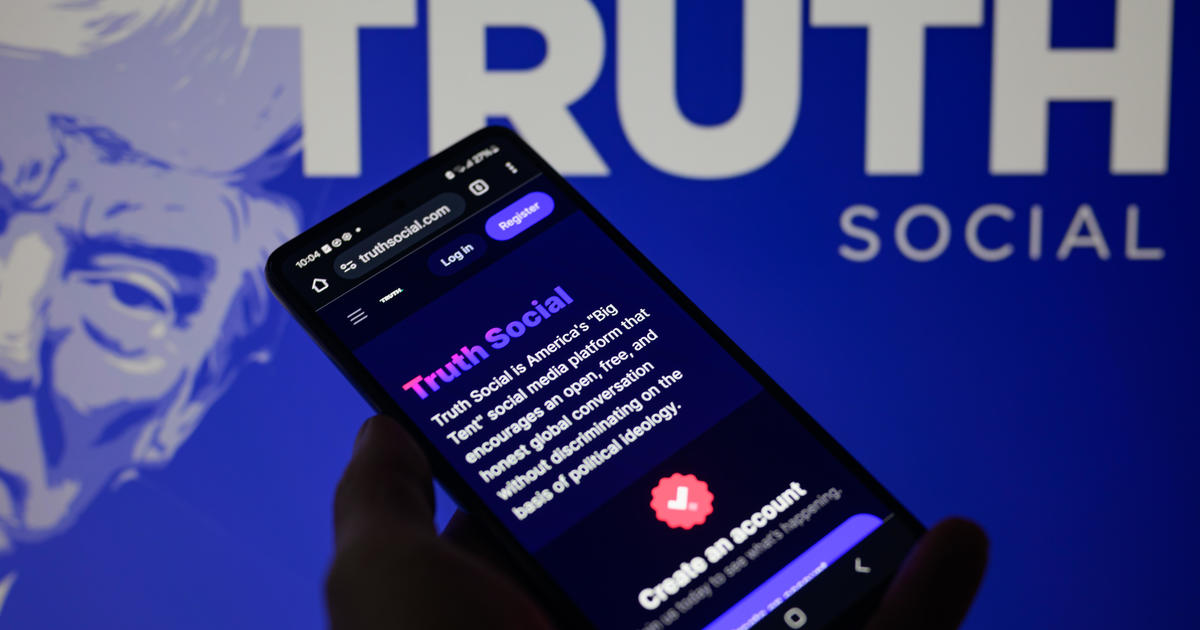FaceApp privacy concerns? They're probably overblown
- FaceApp surged in popularity as millions of users transformed their faces to look older in the image-processing app.
- The Russian-owned app raised national security and data-privacy concerns after reports that it can download images off users' camera rolls.
- But data-privacy experts say those fears are overblown, saying there is no evidence FaceApp can more broadly access users' phones.
FaceApp, the image processing app that surged in popularity as millions of users transformed their faces to look older, has raised national security and privacy concerns after reports said the Russian-owned app could access reams of personal data on users' phones, including images off their camera rolls.
But data privacy experts say those fears are overblown. "There isn't any evidence that FaceApp is doing that," Wired editor-in-chief Nick Thompson told CBSN.
Instead, the mobile app developed by Russian company Wireless Lab raises data privacy concerns typical of social media platforms. FaceApp's user agreement may have been noted as excessive for allowing the platform to own all images created on the app, but other social media companies like Facebook or Instagram similarly draw up user agreements in the broadest-possible language to protect them in legal conflicts, Thompson explained.
FaceApp's policy also may not mean much for most casual users handing over their digitally altered faces to the platform, versus their personal family photos or screenshots of their sensitive financial information in their camera rolls.
But the app does raise concerns at least for politicians, such as candidates on the 2020 campaign trail, after the nation's top intelligence officials confirmed last year that Russia meddled in the 2016 elections and will continue to sow dissension. In a letter to the FBI and Federal Trade Commission, Sen. Chuck Schumer implored the federal agencies on Wednesday to look into the app.
"If I were to talk on Kamala Harris's campaign, I would not be using this app, I would not upload anything to it," Thompson said.
Thompson said there's no doubt that its Russian developers will use the altered photos to image-train their artificial intelligence systems to recognize people and learn how humans age. Those practices may feel as though they violate users' privacy, but they raise similar questions for social media apps owned by American companies, Thompson said.
For now, users concerned about their personal data can delete the apps they're not using. They can also configure the location services in their phone settings for apps to track their whereabouts only when they're using the platform.
Lastly, they can open up the privacy menus in the social media apps they use most often and turn off most of the settings companies collect data on. "And then you're going to be fine," Thompson said.



